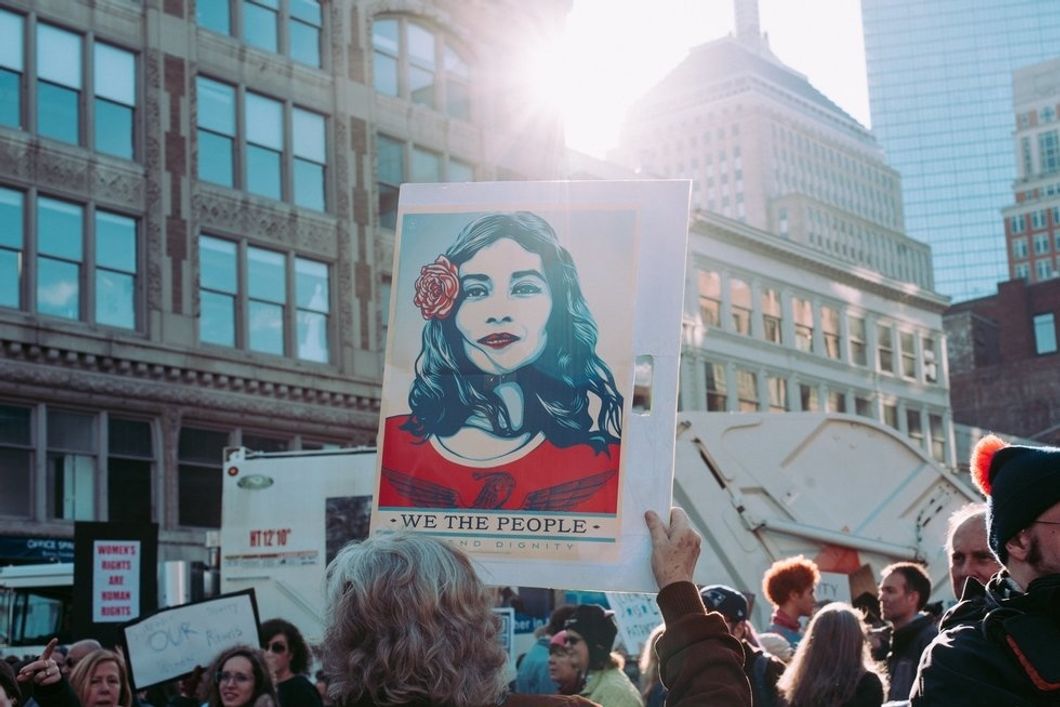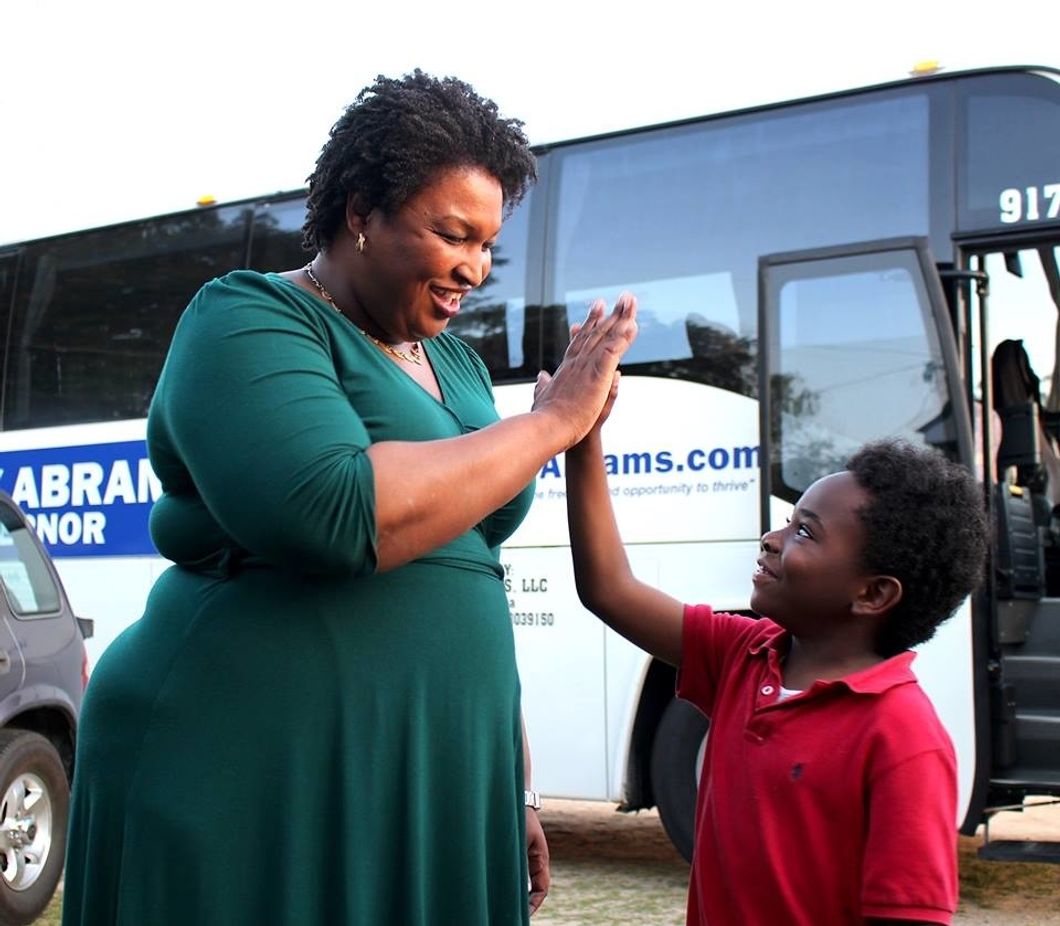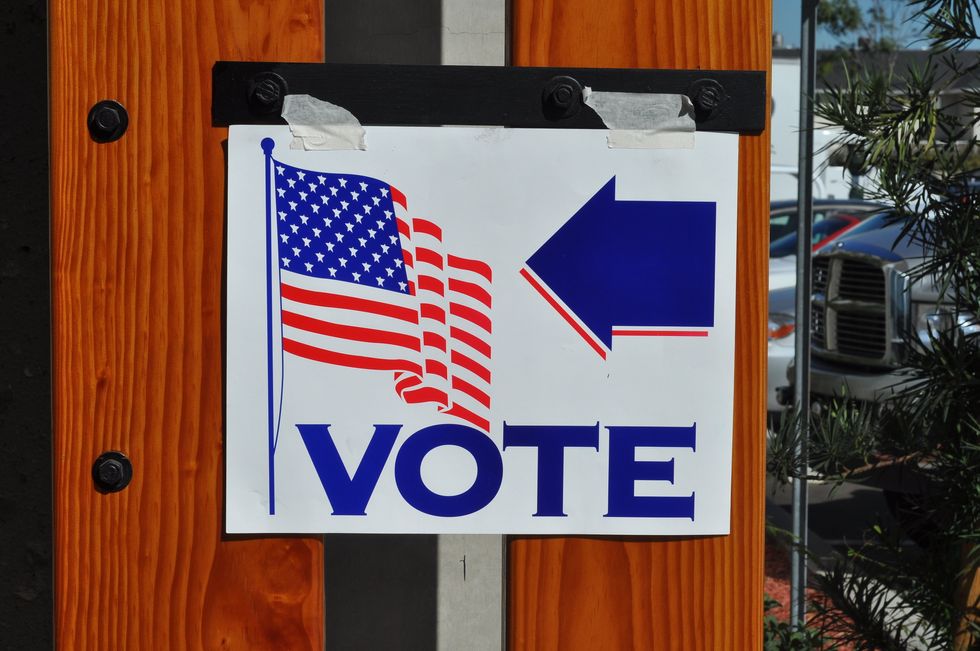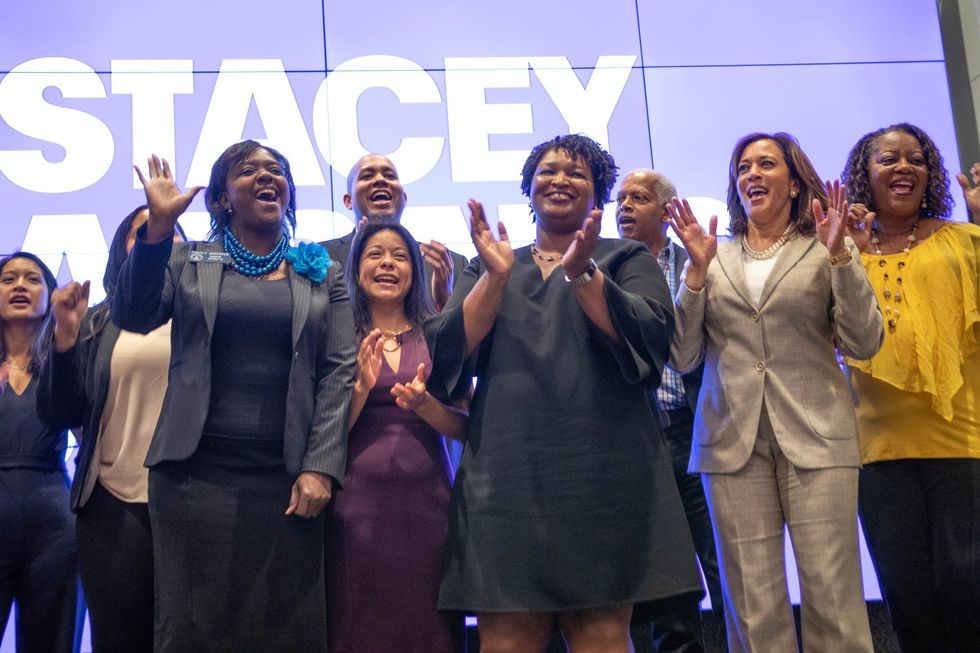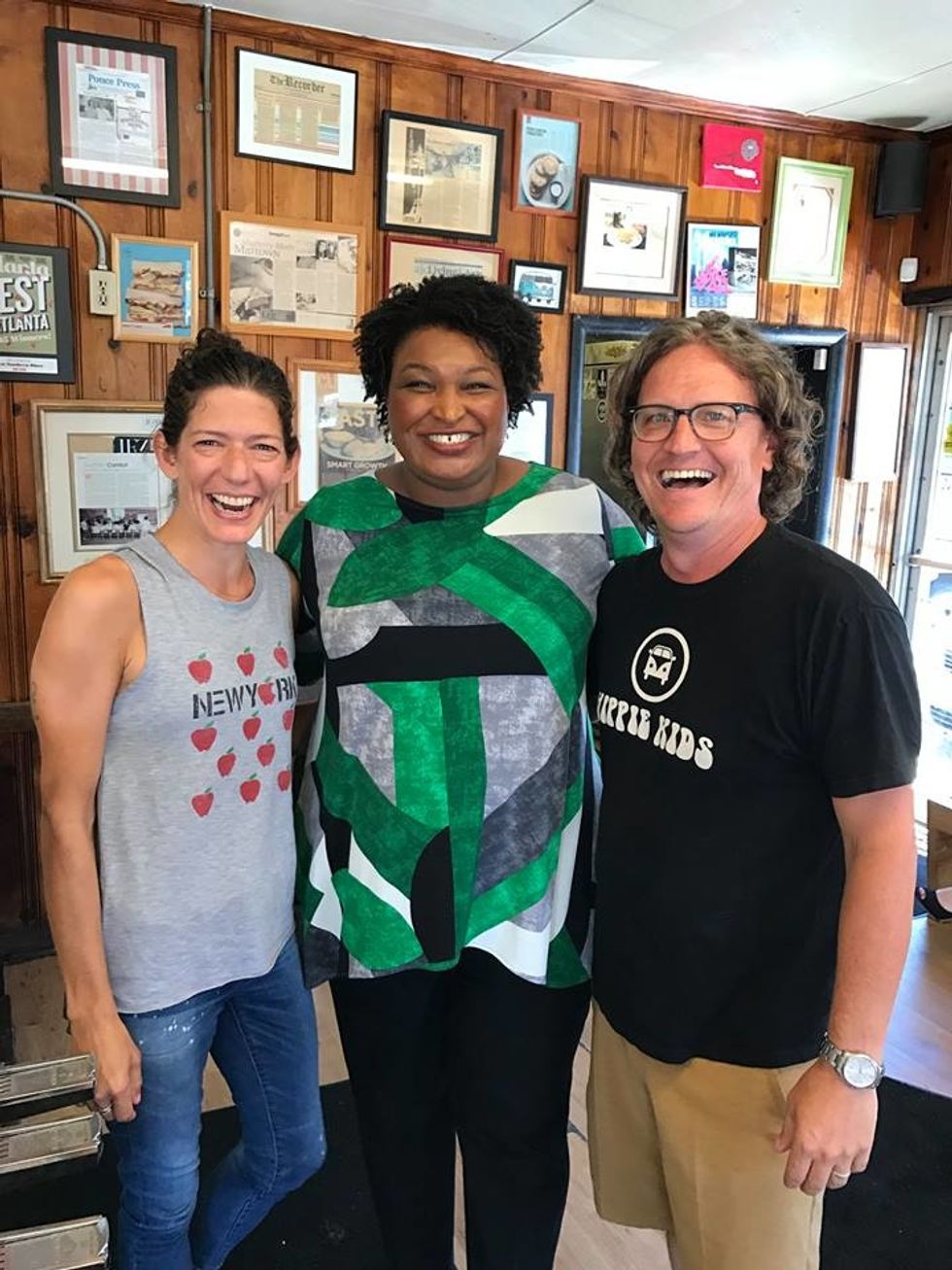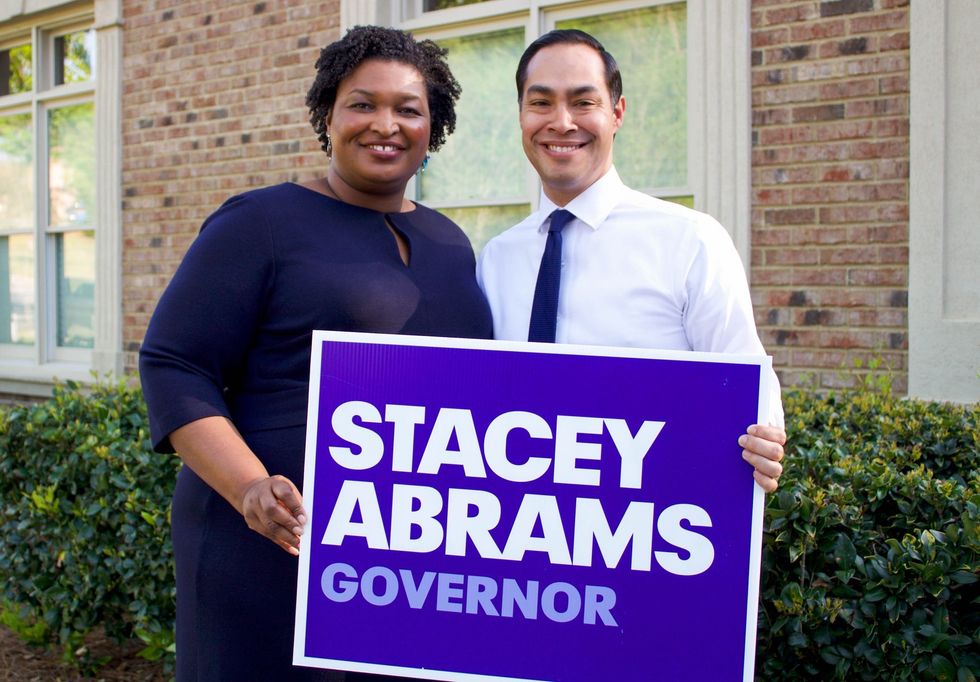The Georgia Governor Race Was About More Than Politics
If you were eligible but still didn't vote ..shame on you. But still read this article.
I have always been a strong supporter of transparency and honest communication in politics. Of course, I'm not a politics-obsessed person, but it's safe to say that I like to be informed and I use the political climate of the US to shape my views and share my own beliefs. If you're a Georgia native, you know that it's hard to define Georgia as a very open-minded state, despite the "Southern Hospitality" label and what not; personally, I only see that label work for people who are not of color. In my experience, I've learned to trust the facts more than people. Well, as much as I'd like to say I follow this policy, it's not always easy to follow it as a very perceptive Pisces.
Manipulation, I think, is one of the tricks to being a successful politician. Humans have evolved in such a way that makes manipulation one of the strongest traits. Some theorists say we learn to manipulate as children but grow to lose that nature and become more empathic; others say that we are manipulative by nature, meaning that even our maturing as empathic beings is a form of deception. In other words, all forms of communication could be considered as manipulative; heck, I could be labeled as a manipulator as I write these articles. In order to discern the honest from the dishonest, I think we all have the ability to identify genuineness and tell whether someone is saying something for the sake of sharing their truth or to harm others.
(Sorry for that quick philosophy overload; it's like my name changed to Socrates for a minute).
Persuasion is also a key part of politics; historically, the most successful tyrants were able to convince unaware and uninformed "constituents" that the info being provided to them by said tyrant was the only truth. Of course, the persuasion is a role shared by both the politician and citizens. The politician persuades the citizens that they will represent their beliefs and values when it comes to writing and upholding the law while the citizens persuade themselves that the politician should be entrusted with their most important individual rights.
What's been happening in the Georgia Gubernatorial Race between Democratic nominee Stacey Abrams and Republican nominee Brian Kemp is nothing short of a historical event. One reason- if elected, Stacey Abrams will become the first black female governor of Georgia. The other- not many other gubernatorial races can demonstrate the ultimate level of corruption and deceit that a nominee can achieve.
As Secretary of State, Brian Kemp's responsibilities include (well, included) supervising elections and maintaining public records and people. In other words, in this election, the person in charge of Georgia's election system was also a candidate up for election. Now in what world does that make sense? That's like interviewing for a job at a company where you are the CEO. Or like auditioning for the lead role in a movie where you are the director.
Apart from that, Brian Kemp's office was found to have purged around 665,000 "inactive" Georgia voters this past year; that isn't even taking into account the 1.5 million voters purged in the state between 2012 and 2016, according to the New York Times. Some may retort and say this practice is legal according to the Supreme Court ruling in June 2018 case where the National Voter Registration Act was reversed; however, this Justice Sonia Sotomayor dissented, saying that this practice was only a continuation of the historical oppression of minority voters. Kemp has also been accused of exposing the personal details of 6 million Georgia voters, all of which are now open to potential tampering and hacking. This is so reminiscent of voter suppression laws during the Civil Rights Movement- a movement that is still well and alive (and will be until there are equal rights for all).
Other than these physical acts completed to promote voter suppression, Kemp has also vocally expressed that Stacey Abram's campaign "continues to concern (him), especially if everybody uses and exercises their right to vote," according to the Rolling Stone.
These continued efforts to remove a fundamental citizen right from voters, specifically minority voters, further proves that Brian Kemp is not interested in representing all- ALL- of Georgia's citizens. If those facts didn't convince you, just try Googling any of Brian Kemp's political ads; if that isn't nightmare material, I don't know what is.
What terrifies me as a young minority woman in college is that Brian Kemp's views are shared by a majority of Georgia; of course, Georgia isn't really known to be an "accepting" state. In fact, girls who i went to school with complained about dress code and took Spanish class acting like they love equality and then turned right around and voted for Kemp in college. Perfect logic.
The anti-Abrams campaign tries to claim that Abrams policies are anti-agriculture and industry because she simply grew up in Atlanta. Additionally, her existing student debt makes her seem untrustworthy for some reason. Sorry for pursuing higher education- maybe if we prioritized it over capitalism, we might be able to get somewhere.
In more simplistic terms, the Kemp-Abrams race has only proved how much a woman/a POC has to work in order to be considered equal to a white male. Anyone who uses the "not enough credentials/qualifications" argument to discount Abrams as a valid candidate is clearly misinformed.
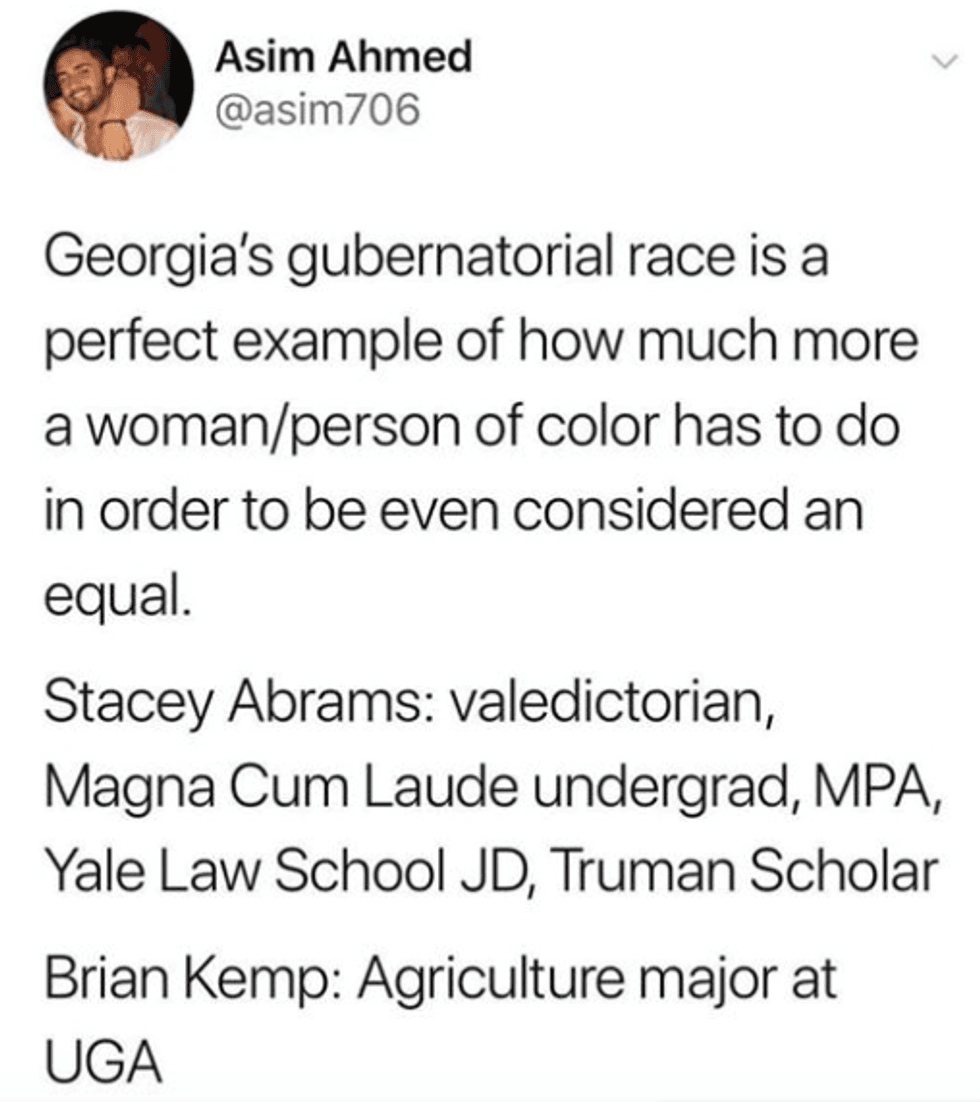
While I will rarely ever hesitate to yell Go Dawgs, this comparison isn't the best representation of Georgia.
Regardless of who you voted for, I hope that your vote was informed. And that you actually voted. But this continued fight for Georgia's governor position only shows that politics has become a platform for perpetuating hate, oppression, and inequality. This race has been about the support for human rights and the continuous upholding of citizen rights for ALL.
Stacey Abrams might not have won this battle, but she definitely set us in the right direction. She didn't lose to Brian Kemp. She lost to voter suppression.
Here's to hoping the future of Georgia politics- heck, all politics- is female.

